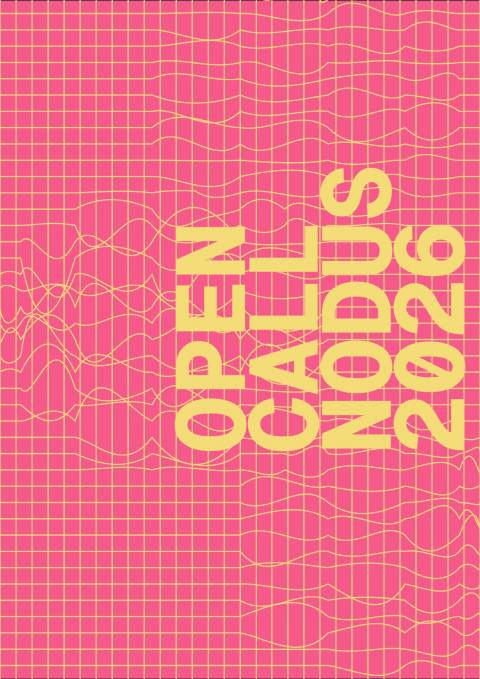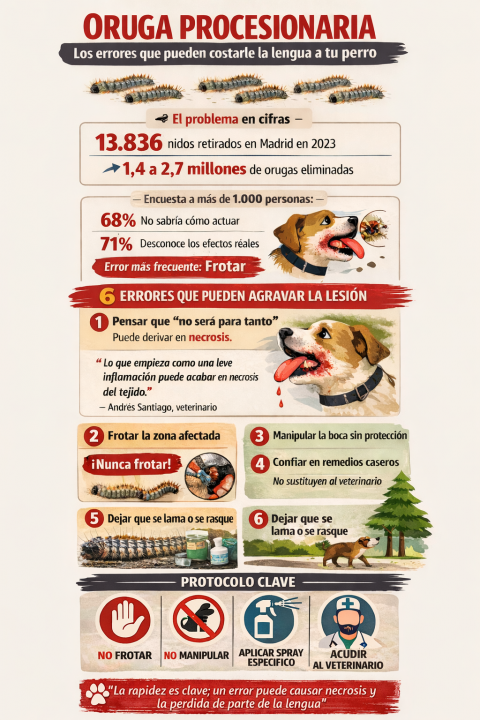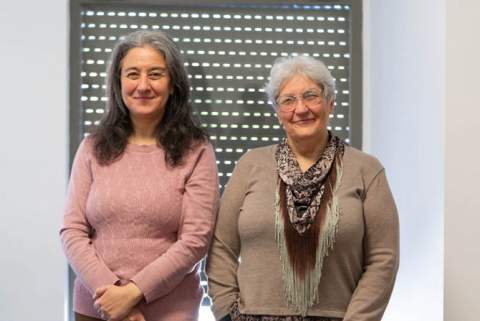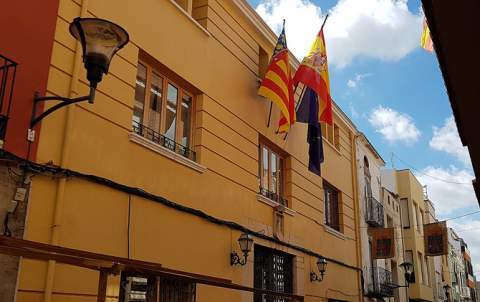Diputación firemen will be able to carry out one disinfection treatment per week in all the towns in the province
Since the beginning of the health emergency, 80 cleansing operations have been carried out and 18,500 euros have been invested in acquiring equipment
![[Img #78432]](http://el7set.es/upload/images/04_2020/1953_ezy-watermark_25-03-2020_14-07-18.jpg)
Castellón Diputación will mobilise all the human resources and experts from the Consorcio Provincial de Bomberos (the Provincial Consortium of Firemen) to tackle one disinfection per week in each of the towns in the province. This was announced by the president José Martí, who explained that councils will have to formalise their requests by email. Nine professional fire station teams and volunteers and the forest and helicopter transported fire brigades will take part in this cleansing work. “Our aim is to be alongside councils and to give them all our support, and much more, if we can, during the health emergency situation.
It is important to emphasise that according to the explanation given by the provincial deputy for Firemen, Abel Ibáñez, aiming to obtain maximum effectiveness in providing these services, rooted in the declaration of the State of Emergency, Castellón Diputación has invested 18,500 euros by acquiring nine 100 litre independent disinfection water tenders and ten ozone generators to disinfect vehicles and inside vehicles”.
Since the crisis generated by COVID-19 started, operators from the Consorcio Provincial de Bomberos have carried out 80 disinfection actions in the province. During the 21st April they were planning to carry out 18 more operations.
President Martí said that during the first weeks of the State of Emergency a protocol had been followed in which the priority was to act in the municipalities which presented particular risks having recorded deaths or positive cases. The rest of the requests have been attended to in order of receipt.
The disinfection work has been carried out following indications from the Health Ministry, with qualified people, having previously adopted the necessary safety measures. Work has been carried out in areas which present the greatest risk, such as health centres and doctors’ surgeries, pharmacies, councils, official centres, centres for the elderly, bank offices, bus stops, small businesses, containers and railings along public roads.
![[Img #78432]](http://el7set.es/upload/images/04_2020/1953_ezy-watermark_25-03-2020_14-07-18.jpg)
Castellón Diputación will mobilise all the human resources and experts from the Consorcio Provincial de Bomberos (the Provincial Consortium of Firemen) to tackle one disinfection per week in each of the towns in the province. This was announced by the president José Martí, who explained that councils will have to formalise their requests by email. Nine professional fire station teams and volunteers and the forest and helicopter transported fire brigades will take part in this cleansing work. “Our aim is to be alongside councils and to give them all our support, and much more, if we can, during the health emergency situation.
It is important to emphasise that according to the explanation given by the provincial deputy for Firemen, Abel Ibáñez, aiming to obtain maximum effectiveness in providing these services, rooted in the declaration of the State of Emergency, Castellón Diputación has invested 18,500 euros by acquiring nine 100 litre independent disinfection water tenders and ten ozone generators to disinfect vehicles and inside vehicles”.
Since the crisis generated by COVID-19 started, operators from the Consorcio Provincial de Bomberos have carried out 80 disinfection actions in the province. During the 21st April they were planning to carry out 18 more operations.
President Martí said that during the first weeks of the State of Emergency a protocol had been followed in which the priority was to act in the municipalities which presented particular risks having recorded deaths or positive cases. The rest of the requests have been attended to in order of receipt.
The disinfection work has been carried out following indications from the Health Ministry, with qualified people, having previously adopted the necessary safety measures. Work has been carried out in areas which present the greatest risk, such as health centres and doctors’ surgeries, pharmacies, councils, official centres, centres for the elderly, bank offices, bus stops, small businesses, containers and railings along public roads.






















